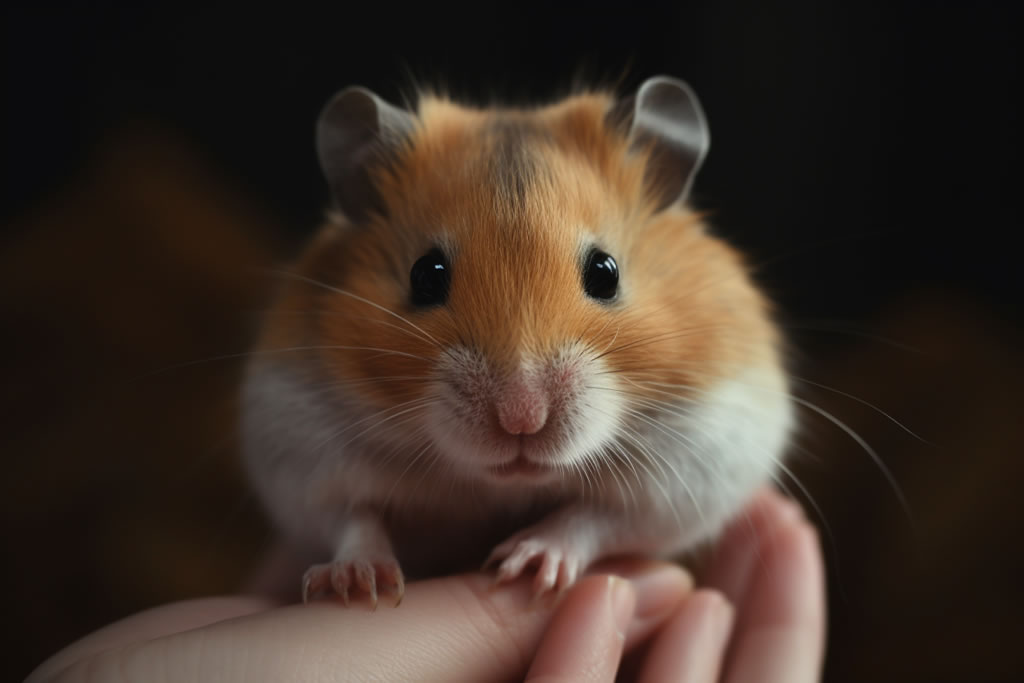Let me paint you a picture: There I was, cooing at my new Syrian hamster Muffin, when suddenly—CHOMP—her tiny teeth met my fingertip. Cue dramatic blood droplets on my white couch. Turns out, hamster bites aren’t just for TikTok fails. Here’s everything I’ve learned through tears, bandaids, and eventual truce-making with my furry nemesis.
The Bite Breakdown: Why Your Cuddle Bug Became a Land Piranha
Spoiler: It’s Not Personal
The Great Hamster Bite Spectrum
| Bite Type | Feels Like | Common Culprits | My Humiliating Story |
|---|---|---|---|
| Curiosity Nibble | Papercut | Roborovski dwarfs | Mistook my nail polish for seeds |
| Hangry Chomp | Stapler pinch | New rescues | Forgot 6 PM feeding time… oops |
| Defensive Death Grip | Lemon juice in cut | Stressed Syrians | Tried cage cleaning during nap |
| Mistaken Identity | Mild pinch | Elderly hams | Hand smelled like celery… again |
Pro Tip: Wash hands with unscented soap. My garlic pasta incident led to 3 bite marks and life regrets.
First Aid for the Bitten: A Step-by-Step Guide (With Snack Bribes)
1. Don’t Flinch (Yeah Right)
- Gently blow on their face – makes them release (works 60% of the time)
- My Fail: Shrieked and launched Muffin onto the sofa. Don’t be me.
2. Wound Care That Actually Works
| Supply | Fancy Version | Broke Hamster Parent Hack |
|---|---|---|
| Disinfectant | Pet-specific spray | 1:1 vodka-water mix |
| Bandage | Cute animal prints | Toilet paper + washi tape |
| Pain Relief | Vet-prescribed | Frozen pea on finger |
3. Infection Watch – When to Panic
| Symptom | Normal Reaction | ER-Worthy | Timeline |
|---|---|---|---|
| Redness | Peaks at 2 hours | Spreads past wrist | 24+ hours |
| Swelling | Sausage finger | Can’t bend joints | 12+ hours |
| Pain | Throbbing | Feels like fire ants | Immediate |
Real Talk: That red streak up your arm? ER. Now. (Learned this after googling “hamster sepsis” at 3 AM)
Bite Prevention: How I Turned My Velociraptor Into a Cuddle Bug
The Taming Timeline (With Setbacks)
| Week | Strategy | Progress | Regression Moment |
|---|---|---|---|
| 1 | Hand-sitting | Hissing furball | She peed on my palm |
| 3 | Tissue scent swap | Curious sniffs | Ate the tissue |
| 6 | Treat bridges | Walks onto hand | Stole ALL mealworms |
| 8 | Shoulder rides | Netflix buddy | Pooped in my hoodie |
Body Language Decoder
| Signal | Safe to Proceed? | Danger Zone |
|---|---|---|
| Ears perked | Yes – offer treat | |
| Yawning | Maybe – tired ham | |
| Freeze-flattened | BACK OFF NOW | Bite incoming in 3…2…1… |
Hamster Bite Myths Busted
❌ “Rub their nose in it!”
- Reality: They’ll just bite harder. And remember.
❌ “Wear gloves!”
- Reality: Now you’ve got a hamster clinging to a leather finger like Spider-Ham
✅ ACTUAL Solution:
- Keep a “bite log” – track triggers (mine hated banana scent)
When to Call It Quits (Temporarily)
The 3-Strike Rule
- Strike 1: Accidental food confusion
- Strike 2: Startled during sleep
- Strike 3: Full-on attack mode
Protocol:
- 3-day no-handling break
- Reset with scent exchange (swap used bedding)
- Restart taming with thicker gloves (garden ones, not oven mitts – dignity matters)
The Silver Lining
After 6 months of strategic cookie offerings, Muffin now tolerates my existence. Our current relationship status:
- Morning: Side-eye as I refill food
- Night: Accepts sunflower seeds with mild disdain
- 3 AM: Loudly judges my life choices via wheel
Final Verdict:
Hamster bites hurt less than their judgmental stares. Would still risk fingers for those rare cheek-stuffing moments.



